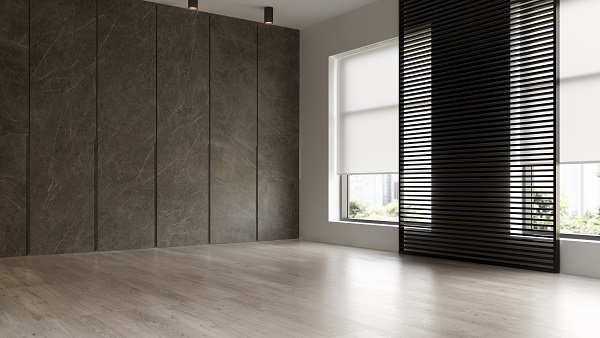It is generally considered that a room addition is the job for a general contractor and/or a number of subcontractors, it's very uncommon for a property holder to take on the renovation project all alone.
Well, a room expansion does necessitate a wide range of competencies, and nearly no one, even a professional tradesperson, is capable of doing it all himself.
In any case, this doesn't infer that the owners are uninvolved. In order to make informed decisions and guarantee that the work fulfills their expectations, homeowners should be involved in every phase of the process.
Understanding the procedures will help you arrange and manage the work of all the numerous subcontractors that will work on your project if you embrace the task of managing it yourself.
You may likewise decide to do a few components of the entire project yourself, for example, the final part of completing the carpentry work or painting the walls, as a homeowner.
So, here's your goal for the common procedure and how long does it take to build a room addition.
Factors Affecting the Process of Room Addition
There are a few factors that are particularly significant when it comes to home renovation projects.
One is the budget—people spend a lot of time looking for the best discounts, the best materials, and doing everything they can to get the most out of their money.
Another element is time—the time it will take to obtain the appropriate building permits. Every municipality is different and under certain circumstances you may be able to obtain these permits quickly.
In other occurrences, obtaining the building permits could take weeks or even months. A contractor in the field of renovation will be able to speed up the procedure and obtain the necessary permits.
So, How Long Can I Expect My Room Addition to Be Completed?
On a 1,000-square-foot addition, you may estimate a project period of 2-3 months once you've completed all of the paperwork. Of course, it is that an estimate and precise time will be determined by the criteria indicated above.
What is certain is that a good addition to the house will not happen during the night - it will take time to get the results you desire, which is why it's critical to communicate with your contractor about the timelines you can expect.
Contractors with a bad reputation are notorious for deviating from the agreed-upon timeline and even putting on extra charges at the end. This sort of conduct won't ever be endured by top notch and experienced contractors.
So, now you have a rough estimate about how long it will take to build a room addition, here are some other things you need to know.
Breaking Down the Time and Process
An addition to a house is an excellent way to increase the living space of an existing home. Work organization, labor availability, project size, and project complexity will all influence how long it takes to build a house addition.
Hiring an experienced contractor can save you time and help you get the job done faster. If a homeowner wants to save money on a house addition by acting as his or her own general contractor, it's best to plan ahead of time to prevent turning the project into a long-term undertaking.
1. Design and foundation
Everything will begin with the design of the future addition, the preparation of plans, and the obtaining of permits that will legally allow actual on-site work to begin. All of this could take anything from a few weeks to several months.
Excavation and foundation construction normally take 3–4 days, plus a few days for concrete to cure. To frame a conventional up to 1,000 sq. ft. addition, 230–270 man-hours may be required. After the framing is completed, the interior and exterior finishes will be completed simultaneously.
2. Shingles and flooring
Vinyl siding and asphalt shingles can be installed in a few days, but laying bricks and installing ceramic roof tiles will last much longer, even if more manpower is required. For rough-in plumbing, electricity, and heating, 4 to 5 work days should suffice.
On a new construction, installing typical exterior doors and windows takes no more than one day. Insulation, as well as the installation and completion of drywall, will take up another week.
Flooring installers may spend 2–4 days completing the floors, depending on the type of flooring materials utilized.
3. Add-ons
If the addition includes a master bathroom or kitchen, the work will be completed at the same time, and two crews of three professionals should be able to complete both jobs in around three days.
It will take about a week to complete all basic finishing work, such as installing internal doors, finish carpentry, painting, and hanging light fixtures.
The Bottom Line
So, the time it takes to create the building plan and obtain the necessary permits adds up. It is highly dependent on the builder's and team's experience and skill, as well as the construction and interior details.
For example, using prefabricated components to convert a deck into a sunroom can be relatively quick, but it still takes time.

